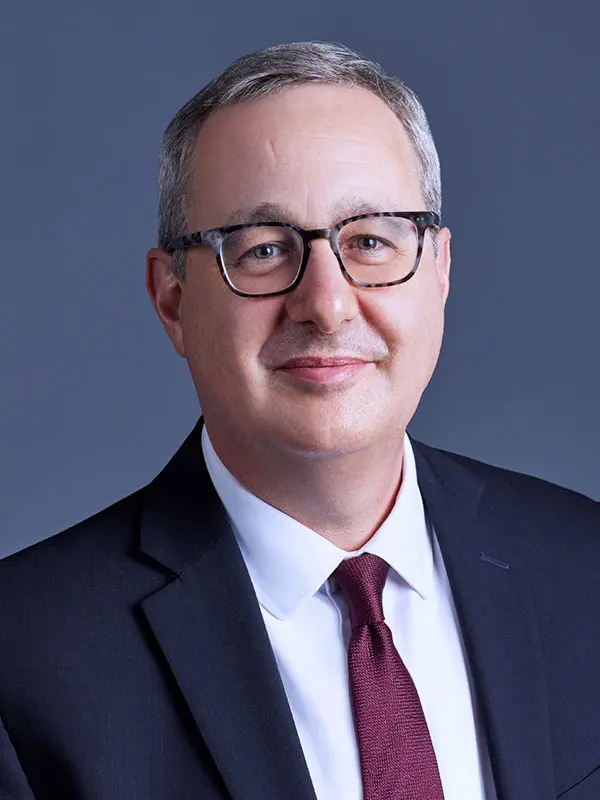Collaboration—among specialists in different disciplines, and between clinicians and bench scientists—is a hallmark of the Mount Sinai Health System and our Dr. Henry D. Janowitz Division of Gastroenterology. That approach is spotlighted in many of the articles in this year’s report.
In a significant advance for fecal microbiota transplantation, our lead clinical expert worked with a skilled immunologist/geneticist to identify specific bacterial strains that were especially likely to engraft successfully, a finding that could help make the procedure more precise and targeted.
We advanced the understanding of COVID-19 with insights into the persistence of SARS-CoV-2 and its antibodies in the intestinal tract drawn from a collaboration among scientists at Mount Sinai and Rockefeller University, and worked with colleagues at the University of North Carolina to build an international database that helped illuminate how inflammatory bowel disease (IBD) therapies affect the risk of infection.
On the IBD front, we are also pioneering the use of ultrasound, rather than more invasive imaging modalities, to monitor ulcerative colitis and Crohn’s disease patients, and using our BioMe™ biobank to define novel approaches for treating those conditions.
Our colleagues in Liver Diseases have launched a new multidisciplinary Center of Excellence for nonalcoholic steatohepatitis, a condition that is becoming more common as the obesity epidemic continues. Our endoscopy team recently introduced two novel procedures that are dramatically advancing treatment for patients with achalasia, necrotizing pancreatitis, and fibrotic colon polyps. We have created a Comprehensive Pouch Program involving surgeons, gastroenterologists, and OB/GYN specialists that is designed to help prevent postoperative problems in patients with J-pouches, and a joint program with Rheumatology to help patients with IBD and arthritis.
We present this report in the hope that in all these areas, our discoveries will help not only the Mount Sinai community but patients, practitioners, and researchers around the world. I wish you all the best in 2022.
Division Chief

Bruce E. Sands, MD, MS
Dr. Burrill B. Crohn Professor of Medicine; Chief, Dr. Henry D. Janowitz Division of Gastroenterology